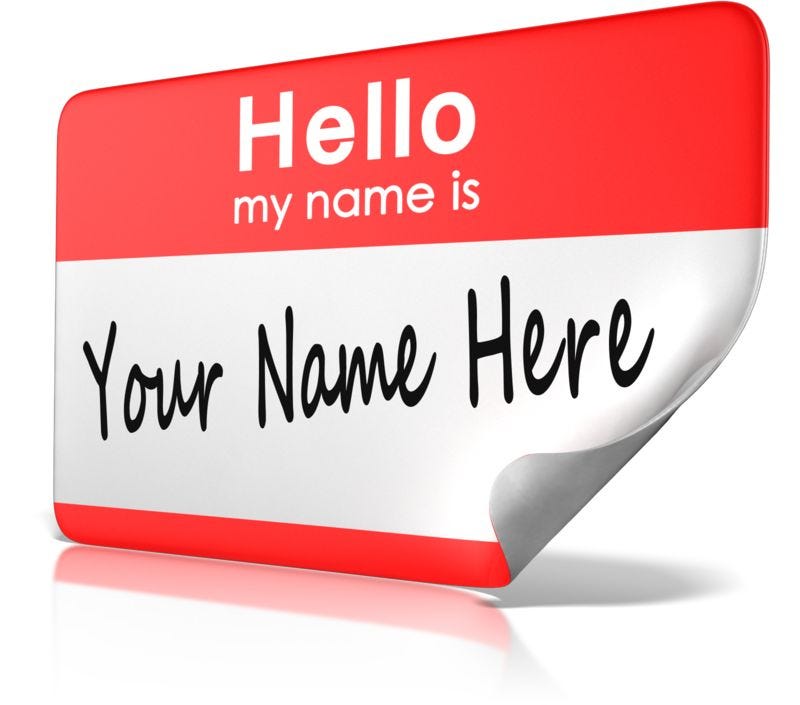It’s fortunate that, in a town of many tongues, my name isn’t too hard to pronounce. The worst I get called is ‘wretched Hemming’, which is very possibly deliberate, but more likely just an innocent mispronunciation. As I’ve learned, there’s plenty of leeway in how to address people in Singapore (as well as plenty of people called Lee Wei).
This name-related laxity is born of necessity. Not only is pronunciation gloriously unpredictable, but so is the order of surname and forename, which follows different conventions in Chinese culture. As a result, it’s just as likely for me to be called Mr Richard, Mr Richard William or Mr William than it is Mr Hemming.
This makes sense when you realise that Chinese names are written and spoken surname first, as in Lee Kuan Yew, Singapore’s first Prime Minister. The duo-syllabic first name, Kuan Yew, should always be spoken together - even though they are written as separate words, they are considered one complete name and it would be insulting to abbreviate either part, just as it would be insulting to call me Dicky Bill.
Those rules are not self-explanatory to English-speakers, but there is nothing intrinsically intuitive about British names to Chinese-speakers either. After all, Richard can be a surname, as in the octogenarian pop singer Sir Cliff Richard - or, in the same niche of beknighted old-age rockers with reversed names, Sir Elton John, as skewered here by Rowan Atkinson:
And you didn’t feel awkward about the name at all? You didn’t feel that people might say ‘wait a minute, they mean John Elton. They’ve cocked up the record sleeve and printed the bloody name the wrong way round.’
Even if you can figure out the right order of names, there is still pronunciation to worry about, regardless of your mother tongue. For Chinese speakers, English names such as Sean or Louis are wilfully non-phonetic. The Chinese equivalent for English speakers are names such as Xiao Min or Zheng Jie.
Yet after nearly five years of living in Singapore, I no longer baulk at saying these names out loud - not because I’ve developed any proficiency in Chinese but because mispronunciation is so common in Singapore that nobody seems to mind. It’s an inevitability where so many different accents and languages coexist so closely.
To both complicate and simplify matters, Chinese families often adorn their offspring with an additional English name, although the choices seem to come from a parallel universe. Until moving here I didn’t know anyone called Alvin, Kelvin, Galvin or Melvin but now I know one of each, and the same goes for Sherry, Cheryl, Candy and Sandy. They should form a mandopop group! Please put your hands together and welcome to the stage … Parallel Universe!
Pronounceable those names might be, but they don’t make it any easier to tell Chinese surname and forename apart. The only consolation is that when I’ve asked Chinese colleagues for help, they often can’t tell either.
That fact, along with routine mispronunciation, explains Singapore’s necessarily relaxed attitude to getting names right - unlike in uptight England, where getting someone’s name wrong in polite company is nothing less than wretched.
That’s Mr Wretched to you.



